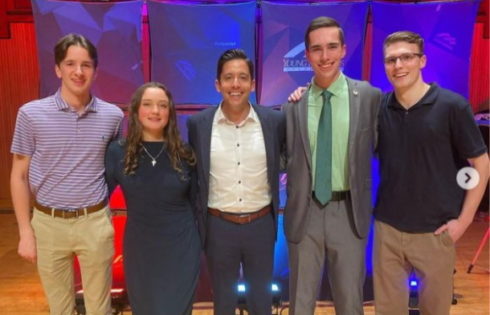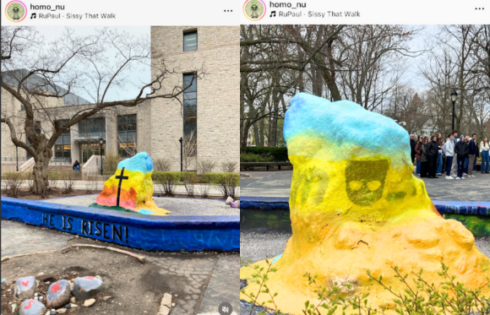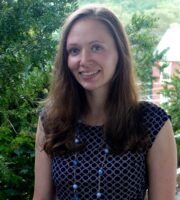
Career-specific math courses preparing students for workforce, instructors say
An Oregon community college is offering a solution to the deficient math skills that many students are entering higher education with: practical applications classes.
“Math for welders” is just one of the career-specific mathematics classes offered at Linn-Benton Community College in Albany, according to a recent Hechinger Report article.
Other classes teach practical math skills to students studying automotive technology, culinary arts, and criminal justice.
Lisa Avery, president of Linn-Benton, told Hechinger Report the college started offering the first of its applied math classes in 2013 after noticing how much of a barrier the subject was for many students.
Now, instructors at the college said more students are passing math — and they are better prepared to thrive in the workforce.
Here’s more from the report:
Math professor Michael Lopez, in a hoodie and jeans, a tape measure on his belt, paces in front of the 14 students in his “math for welders” class.
“I’m your OSHA inspector,” he says. “Three sixteenths of an inch difference, you’re in violation. You’re going to get a fine.”
He’s just given them a project they might have to do on the job: figure out the rung spacing on an external steel ladder that attaches to a wall. Thousands of dollars are at stake in such builds, and they’re complicated: Some clients want the fewest possible rungs to save money, others a specific distance between steps. To pass inspection, rungs must be evenly spaced to within one sixteenth of an inch, the top rung exactly flush with the top of the wall.
The success of the specialized classes is not unique to Linn-Benton.
The report continues:
Some researchers think these small-scale efforts to teach math in context could transform how it’s taught more broadly.
Among strategies to help college students who struggle with math, giving them contextual curriculums seems to have “the strongest theoretical base and perhaps the strongest empirical support,” according to a 2011 paper by Columbia University Teachers College researcher Dolores Perin.
Many higher education institutions have been reporting students struggling with basic math skills, especially since the COVID-19 lockdowns.
Some students cannot even add fractions or subtract negative numbers, professors at Temple and George Mason universities told the Associated Press last year.
To address the problem, many are adding tutoring, remedial courses, and summer programs.
Research in 2022 by the World Bank, Harvard University and the Brookings Institute also found widespread learning loss among students across the world during the COVID-19 lockdowns, some lasting for more than a year, The College Fix reported at the time.
MORE: Math professors: Incoming students can’t even add fractions, subtract
IMAGE: UFABizPhoto/Shutterstock
Like The College Fix on Facebook / Follow us on Twitter






Please join the conversation about our stories on Facebook, Twitter, Instagram, Reddit, MeWe, Rumble, Gab, Minds and Gettr.